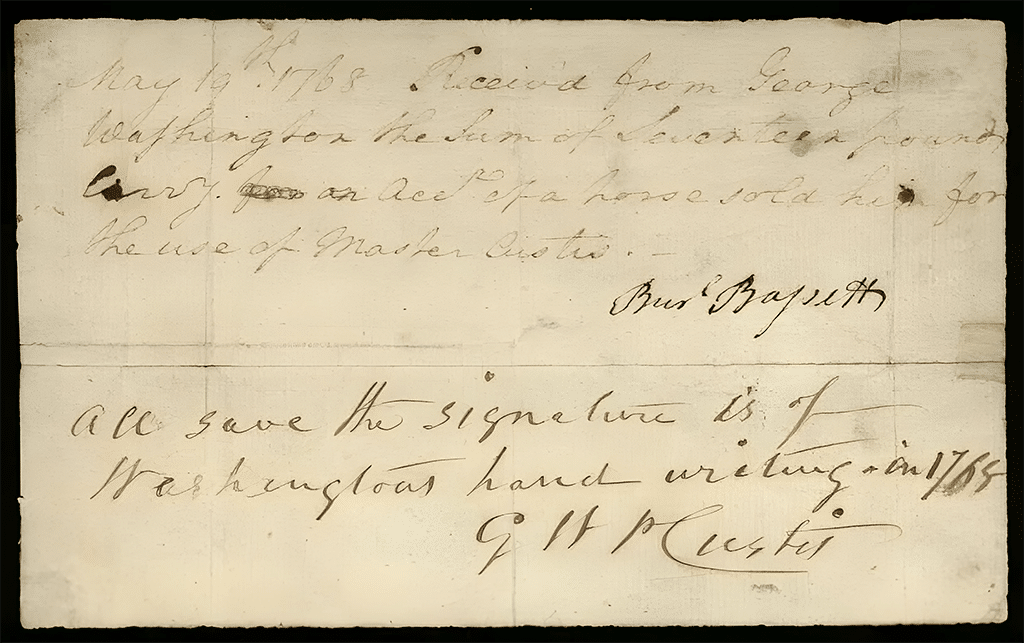Excerpts from: Americanism Redux: February 22, on the journey to the American Founding, 250 years ago today, in 1774
Two earthquakes, one literal and one symbolic, rock the third week of February. The symbolic version is in the meeting room of George III’s Privy Council, where Hugh Williamson predicts to Council members that either civil war or revolution will result from a continuation of their colonial policies in America. The literal version centers in the colony of Virginia, shaking the walls of Jefferson’s Monticello and compelling Jefferson’s sister Elizabeth to flee in panic into the fields beyond the house.
Across the Atlantic Ocean from the thunderous testimony and not far from the rumbling Virginia hills, George Washington’s step-son, John Parke Custis, writes a letter to his step-father. Jack, as he’s called, expresses his sincerest gratitude to Washington for his “Generous & disinterested Mind.”
Americanism Redux, a series by historian author, Dr. Dan Miller, explores what Americanism meant 250 years ago and its significance for America today. Visit Dr Dan Miller’s website>

Reference: The Remnant Trust Collection
Custis’s use of the term “disinterested” stands upon a concept and idea that is not quite a half-century old by the time of his letter. The term’s early appearance was in “Characteristicks of Men, Manners, Opinions, Times” (Item # 0484-0486) written in 1727 by Anthony Ashley Cooper, Third Earl of Shaftesbury. Shaftesbury started a train of thought that described a person’s highest ability to appreciate and understand beauty as rising above the promotion of one’s own personal interests. From there, a definition of individual virtue began to grow which reflected the setting aside of self-interest in order to pursue an improved shared or common interest. Such a view of virtue would become embedded in the minds of many American leaders who pursued independence and revolution.
View The Remnant Trust “Wisdom of the Ages Athenaeum PDF for reference>

